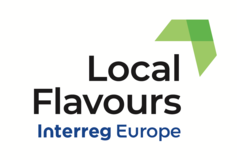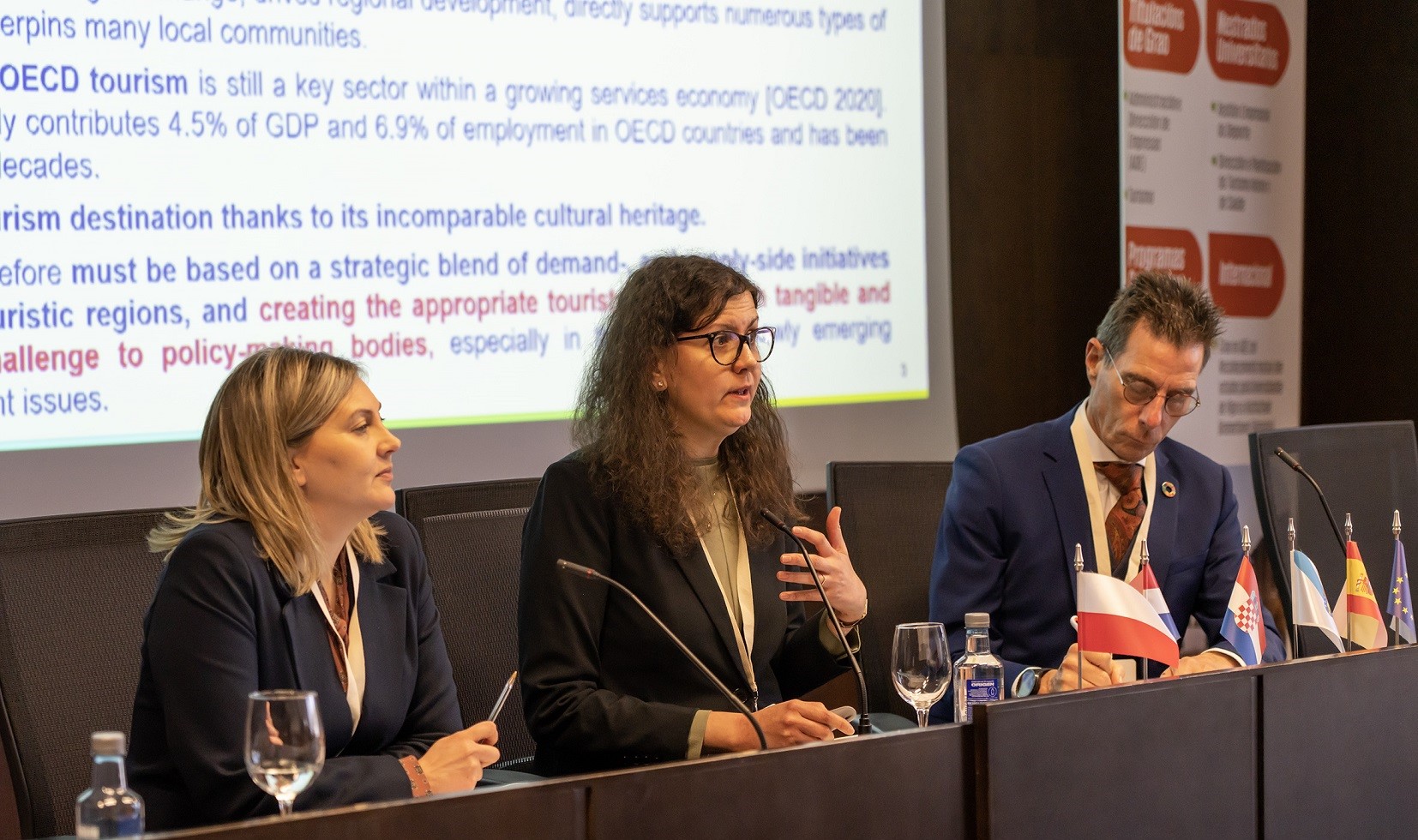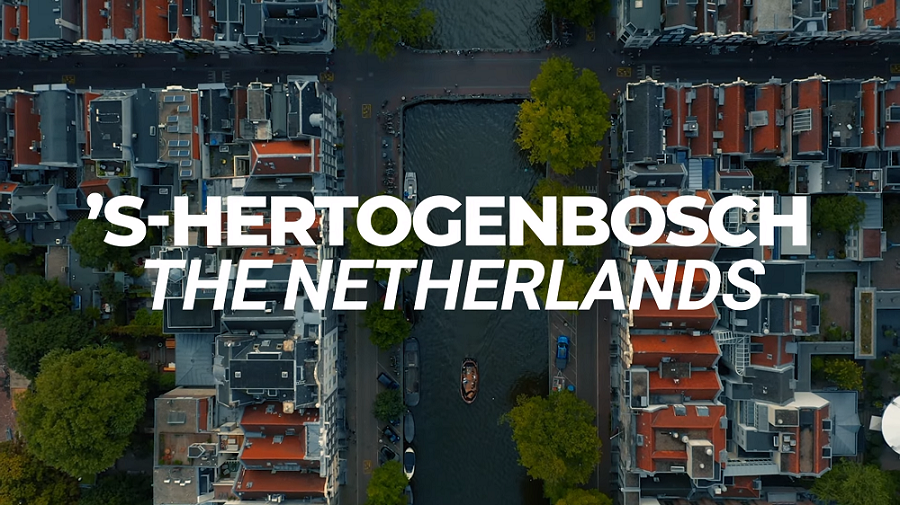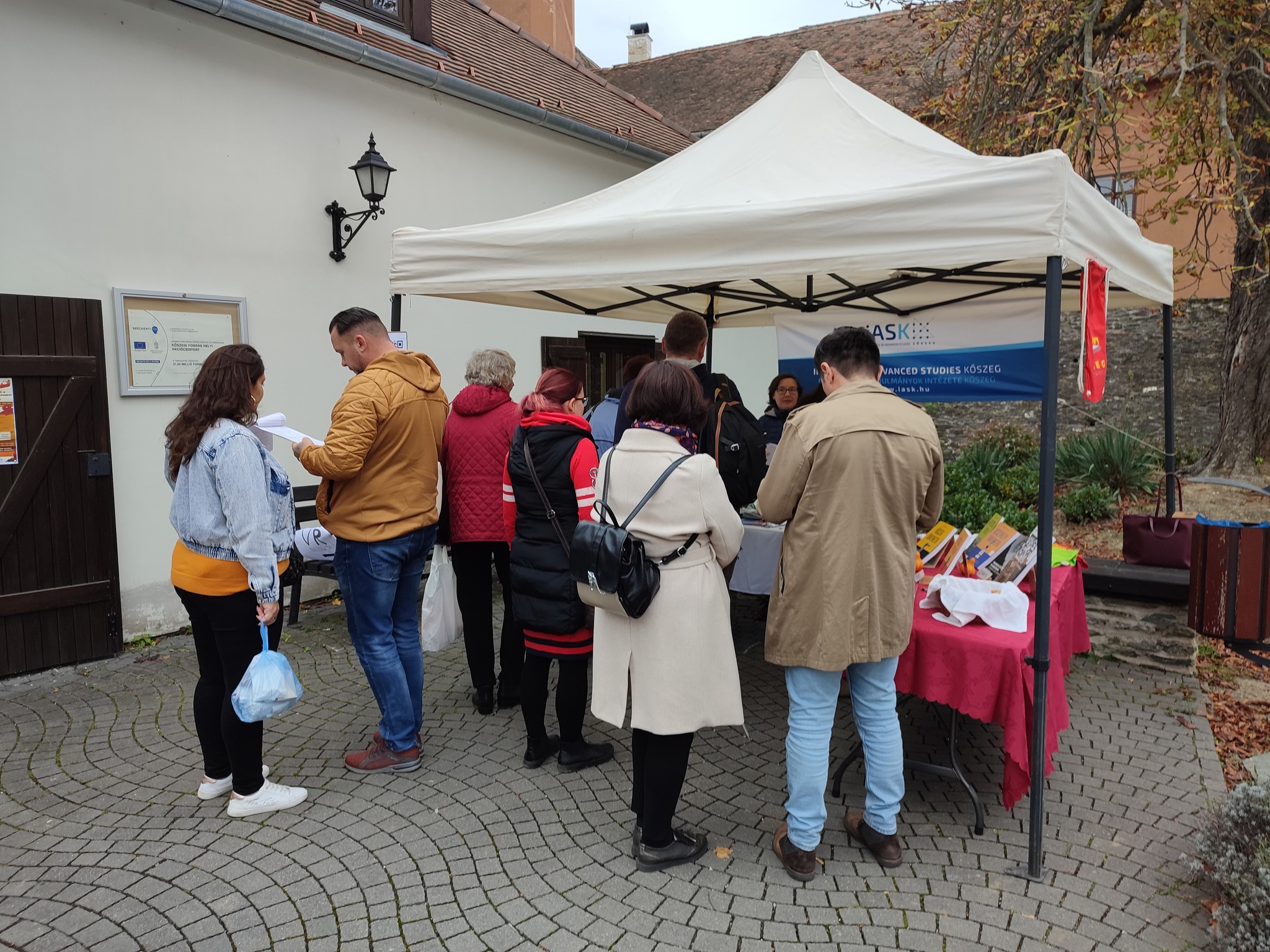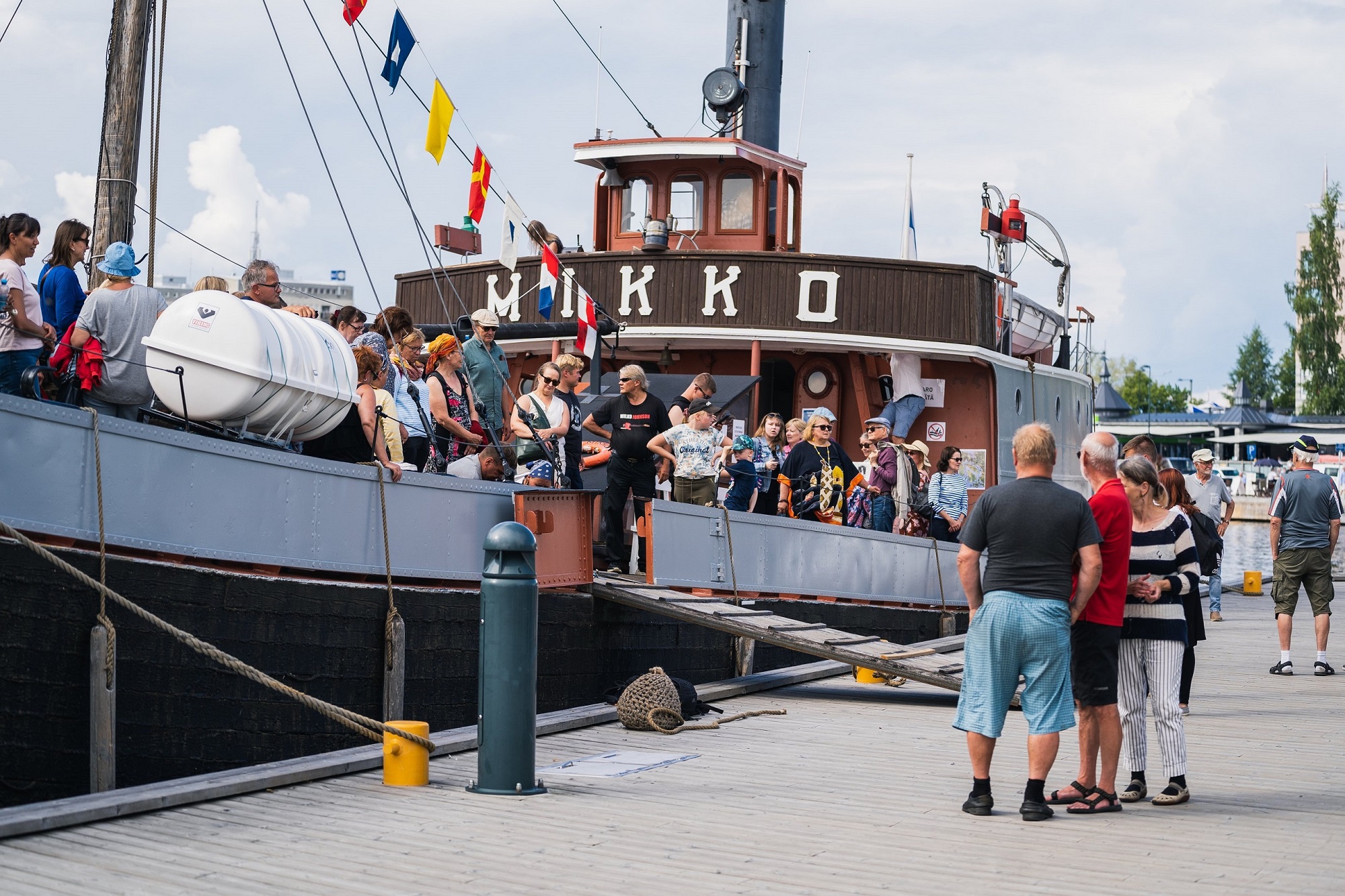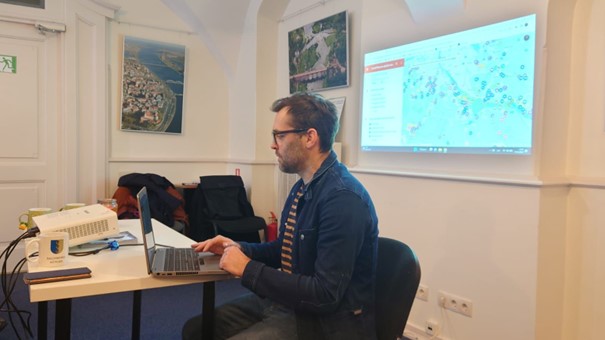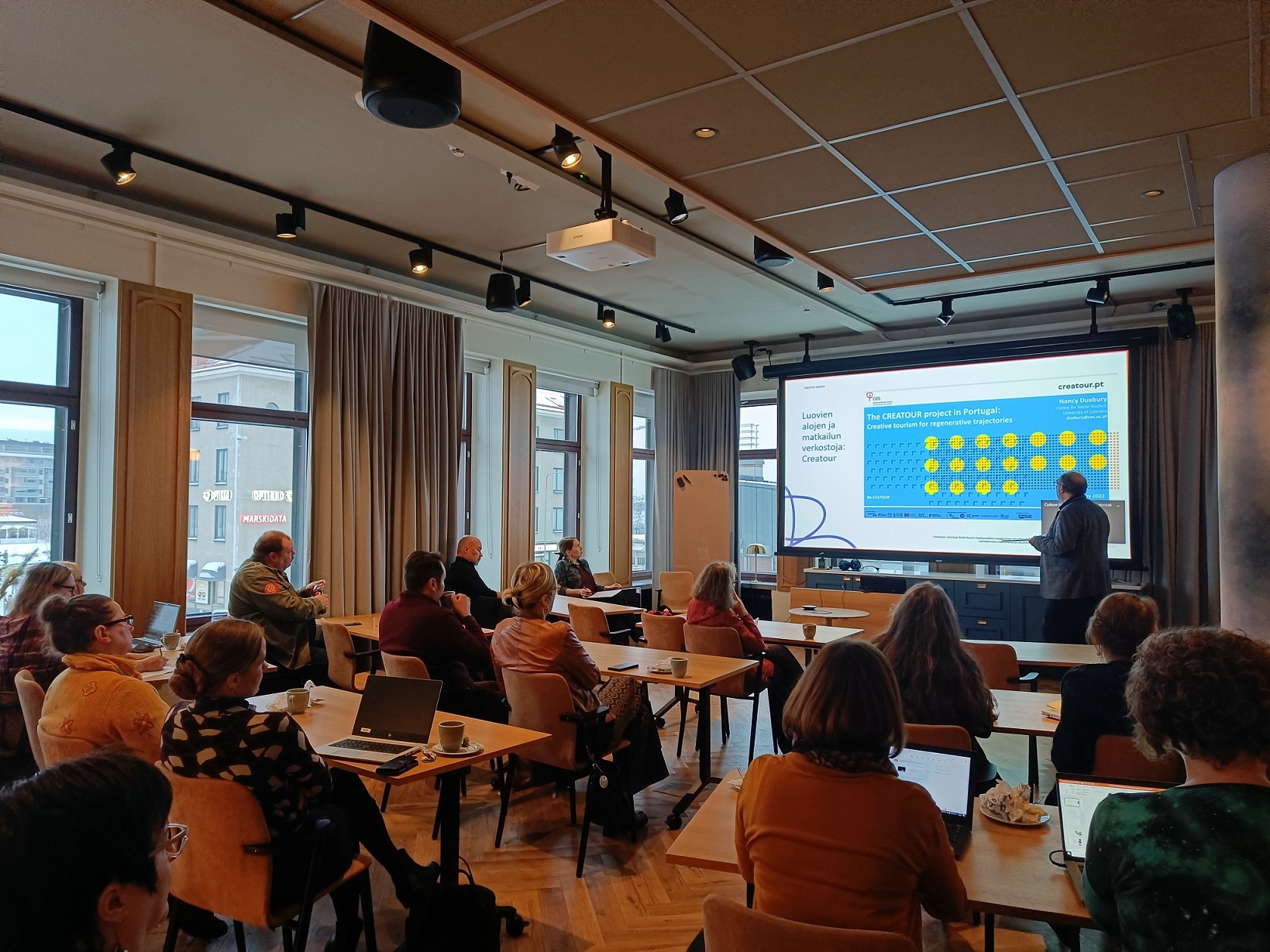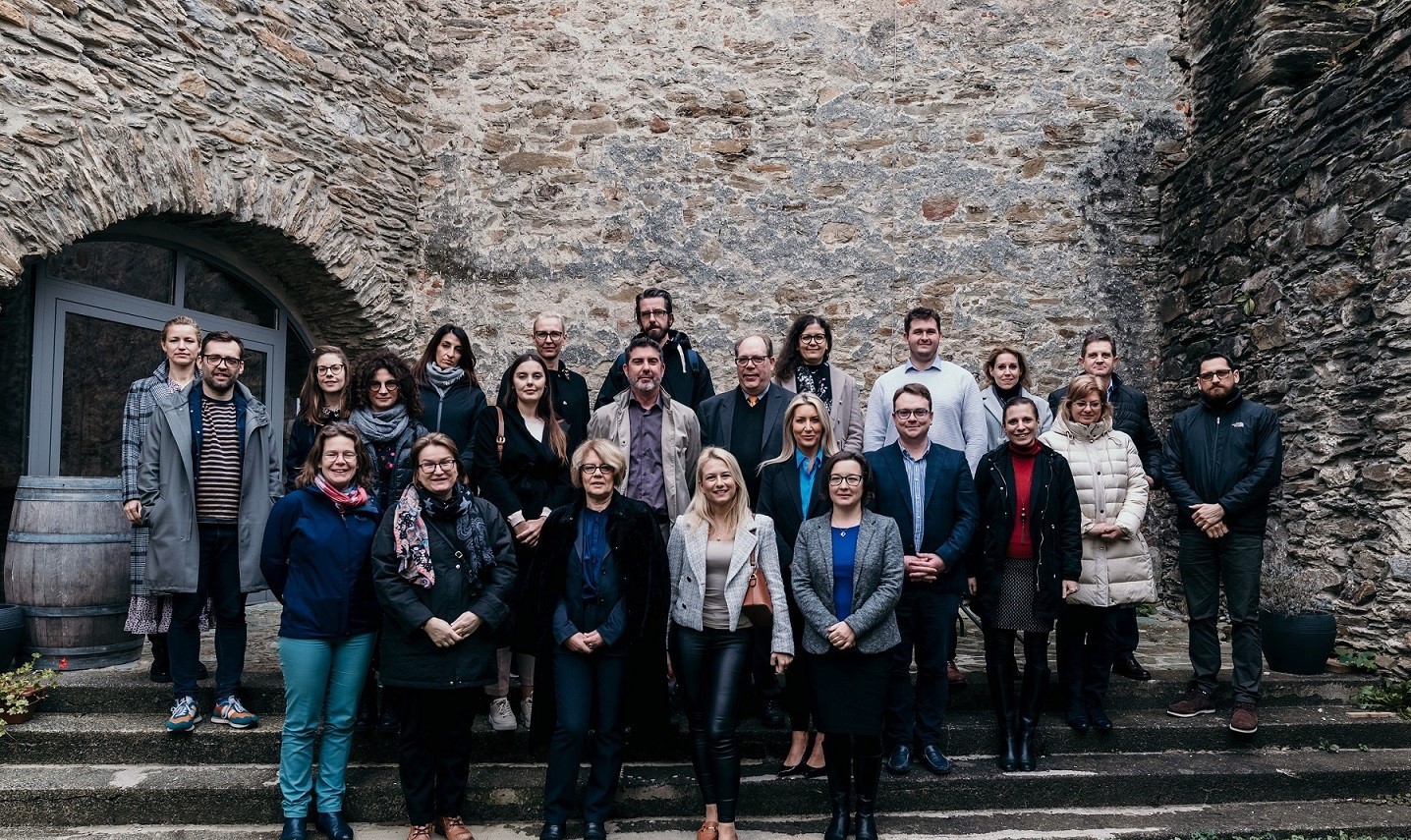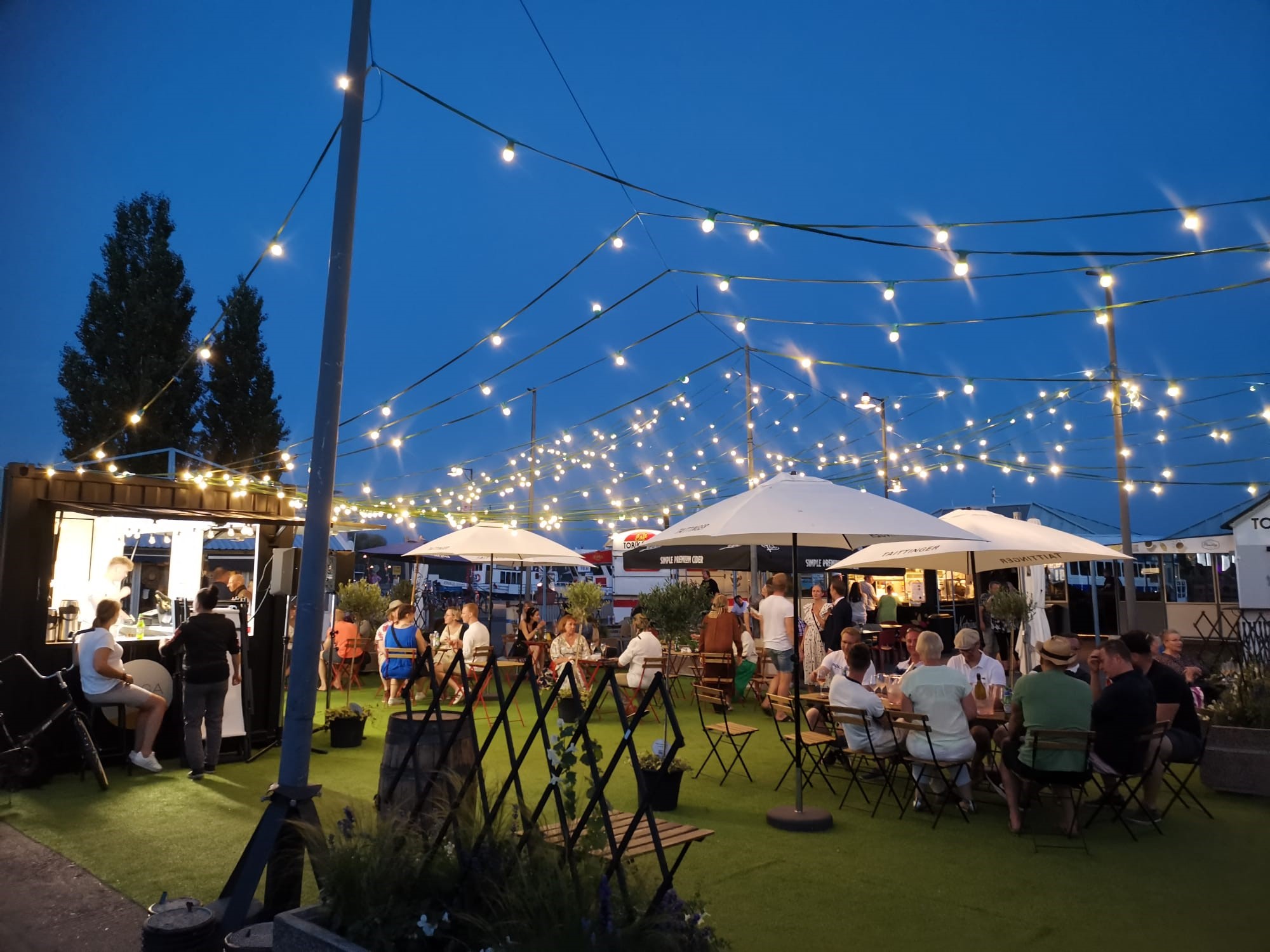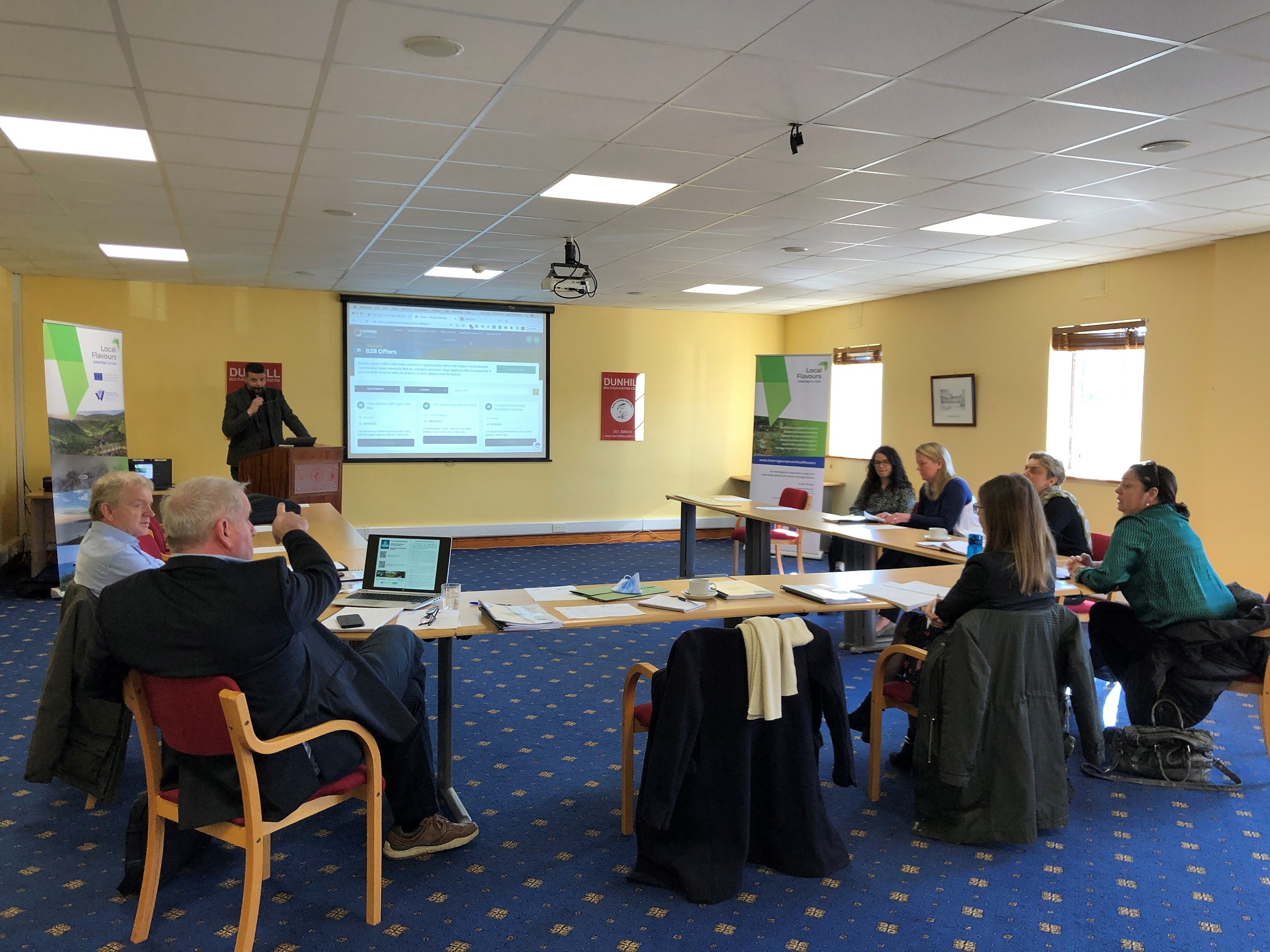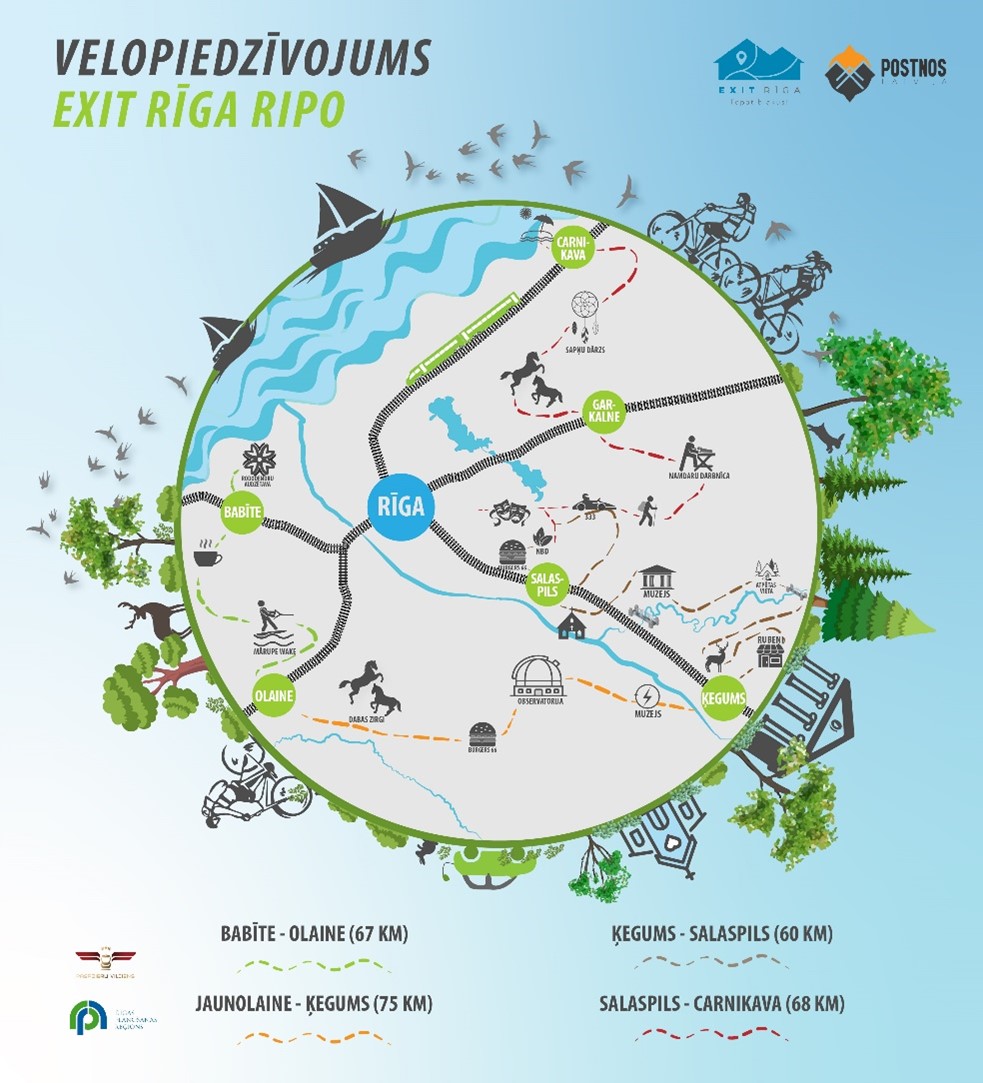The Netherlands Commission for Unesco calls for a greater recognition of the power of employing culture, heritage and traditional knowledge in climate action. The Call is made in light of the international Climate Adaptation Summit which takes place on January 25 and 26.
A human and cultural challenge
Not only does climate change force us to protect our heritage, our heritage can also protect us. Culture, heritage and historical knowledge are powerful assets for local climate adaptation strategies. The Commission expresses its conviction that climate adaptation is not just a matter of finding the best technical or management solutions; rather, it is a human and cultural challenge. Culture-based solutions such as local and traditional forms of knowledge, building on experiences from the past, and the use of culture and heritage are of vital importance in order to create the necessary change in mindset and to make climate action more inclusive and socially acceptable.
Kathleen Ferrier, President of the Commission: “When climate adaptation is built on local traditions and customs it provides agency for community groups to be in the driver’s seat of change, and as such, it helps to democratize climate action and enhance public support for climate policies.”
The Climate Adaptation Summit, hosted by the Netherlands, brings together world leaders to find solutions to adjusting to the effects of our changing climate, such as sea level rising, extreme drought and heat or floodings. Prime Minister Mark Rutte and Minister Cora van Nieuwenhuizen welcome, amongst others, German Chancellor Angela Merkel, French President Emmanuel Macron, British Prime Minister Boris Johnson, the new Climate Envoy of the US John Kerry, and UN Secretary-General António Guterres.
Side eventThe Netherlands Commission for Unesco organizes a side event at the summit to present a culture-based approach to climate adaptation. Our background paper Changing minds, not the climate: culture-based solutions to local climate adaptation further illustrates our approach and vision. The Commission has collected a number of practical examples from the Kingdom of the Netherlands, from which lessons can be drawn about the great potential of culture-based solutions to local climate action. These examples have been a vital source of inspiration towards shaping our vision. Conversely, these four examples demonstrate how our vision resonates in practice. They are presented in our best practices paper.Read the Commission’s full statement about the role of heritage and culture in climate action. Read about the contribution from the Local Flavours partner ‘s-Hertogenbosch Good Practice 's-Hertogenbosch.
